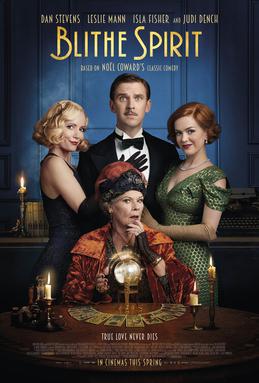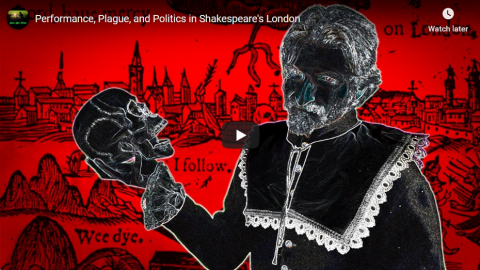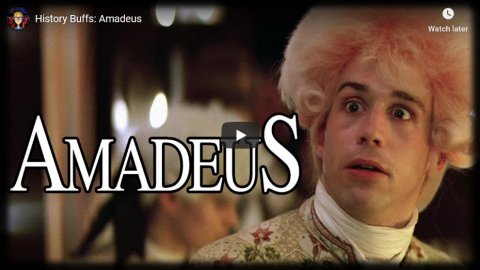At The Critic, Alexander Larman is not happy with the latest attempt to translate a Coward play to the big or small screen:
Recently, the new film of Noël Coward’s masterly play Blithe Spirit was released on various streaming services, after its cinematic release was cancelled due to the irritating absence of open cinemas to show it. I had been looking forward to it for some time. It had a fine cast of hugely talented comic actors, led by Dan Stevens and including Isla Fisher, Leslie Mann, Julian Rhind-Tutt, and, in the great role of the fraudulent medium Madame Arcati, none other than Judi Dench. It was directed by Peter Hall’s talented son Edward, and its inspiration remains one of the most uproariously entertaining plays of the twentieth century, complete with some of Coward’s finest dialogue. It would be hard to mess it up.
Alas, “messed up” is an understatement when it comes to describe what has happened to the film. A clue comes in the credit: “adapted by Piers Ashworth, Meg Leonard and Nick Moorcroft”. The three of them were previously responsible for the mediocre sea-shanty comedy (not words one often writes) Fishermen’s Friends, and Ashworth and Moorcroft should be prosecuted at the cinematic equivalent of the Hague for their shameful bastardisation of Ronald Searle’s St Trinian’s series into two terrible films that bear as much relation to Searle’s illustrations as they do to Noël Coward. So it is little surprise that they have decided to “improve” on the original play. The writers throw out most of the original dialogue, retain only the bare bones of the storyline, introduce an irrelevant and mawkish subplot for Madame Arcati (who is now bewilderingly played mostly straight) and generally commit artistic vandalism.
The ensuring film has all the light charm and witty élan of a documentary about slaughterhouses. The cast do their best with the terrible material, but as Stevens manfully tries to make lines about erectile dysfunction amusing – “Mr Peasbody’s got stage fright” – the look of deep shame that occasionally comes over their faces cannot be disguised by the over-bright lighting and incongruously jaunty music. Had it been given a cinematic release, there may well have been indignant walkouts and outraged complaints at the box office. As is, I doubt that many disappointed viewers, expecting a more enjoyable film, will bother watching this travesty to the end.
















